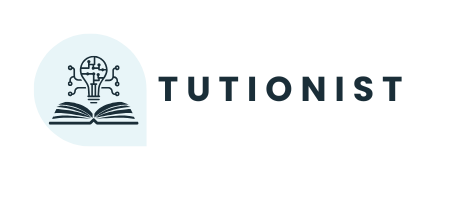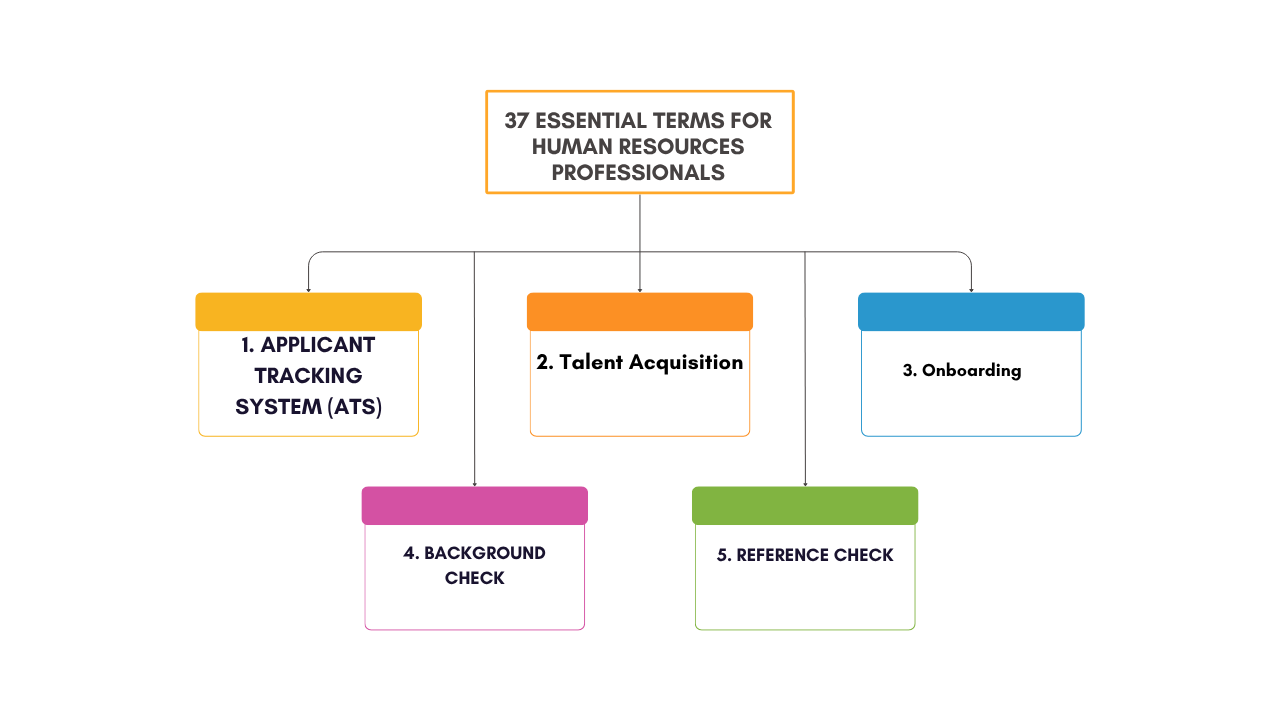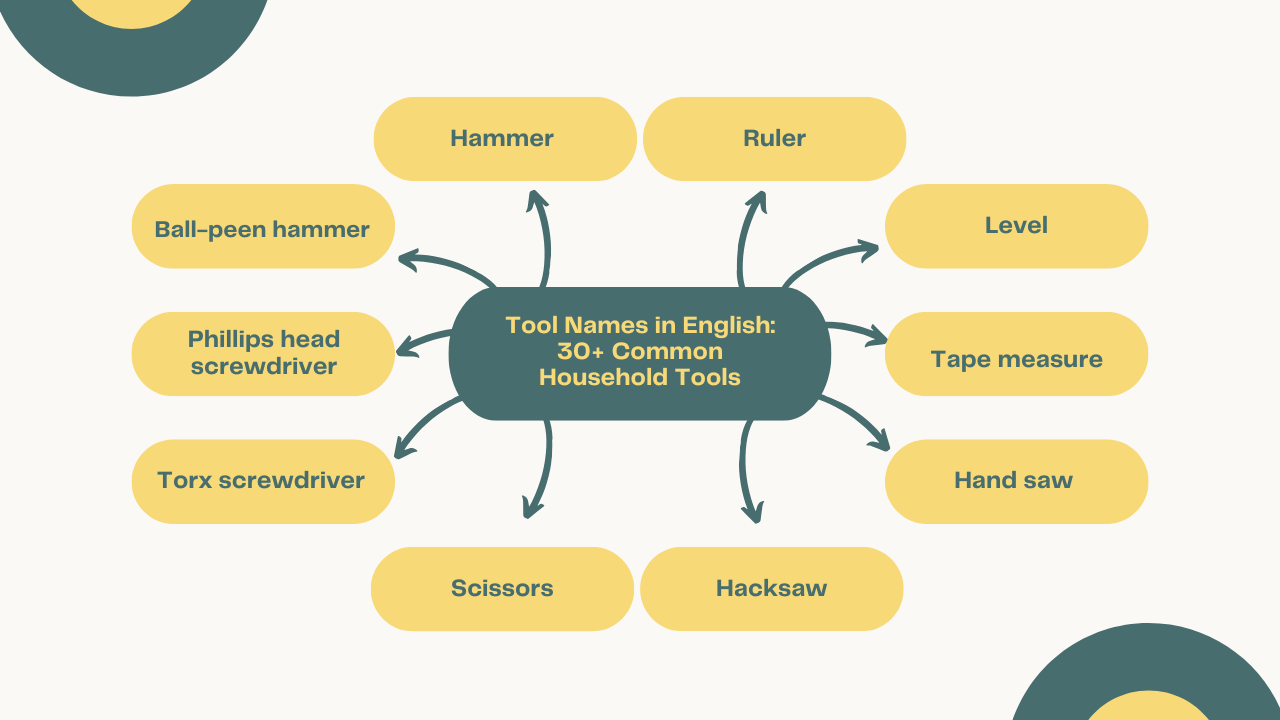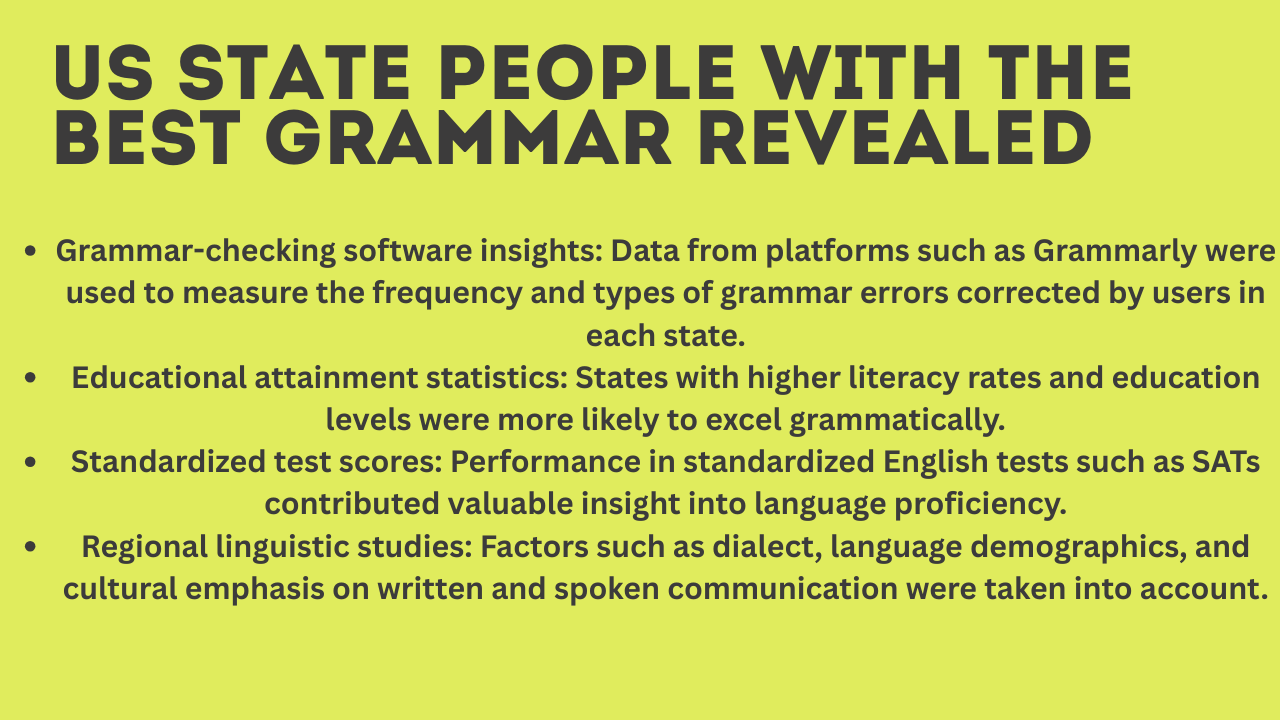The human resources field is filled with specialized terminology that every HR professional must master to succeed in today’s competitive workplace. Whether you’re new to HR or looking to expand your knowledge, understanding these essential terms is crucial for effective communication, compliance, and strategic decision-making.
This comprehensive guide covers 37 fundamental HR terms that form the backbone of modern human resources management. From recruitment and onboarding to performance management and compliance, these terms will enhance your professional vocabulary and help you navigate complex HR situations with confidence.
Table of Contents
ToggleWhy HR Terminology Matters
Understanding HR terminology is more than just knowing definitions – it’s about communicating effectively with stakeholders, ensuring legal compliance, and making informed decisions that impact your organization’s success. HR professionals who master this vocabulary demonstrate expertise and credibility in their field.
Professional HR terminology also ensures consistency across teams, reduces miscommunication, and helps establish clear policies and procedures. Let’s dive into the essential terms every HR professional should know.
Core Recruitment and Hiring Terms
1. Applicant Tracking System (ATS)
Software that manages the recruitment and hiring process by organizing candidate information, tracking applications, and streamlining communication between hiring teams and candidates.
2. Talent Acquisition
A strategic approach to identifying, attracting, and hiring skilled professionals to meet organizational needs, focusing on long-term human resources planning rather than just filling immediate vacancies.
3. Onboarding
The comprehensive process of integrating new employees into an organization, including orientation, training, paperwork completion, and cultural assimilation during their first weeks or months of employment.
4. Background Check
A verification process that reviews a candidate’s criminal history, employment history, education credentials, and other relevant information to assess their suitability for a position.
5. Reference Check
The process of contacting previous employers, supervisors, or professional contacts to verify a candidate’s work history, performance, and character before making a hiring decision.
6. Job Description
A detailed document outlining the responsibilities, requirements, qualifications, and expectations for a specific role within an organization.
7. Behavioral Interview
An interview technique that focuses on how candidates handled specific situations in the past, based on the premise that past behavior predicts future performance.
Employee Relations and Engagement Terms
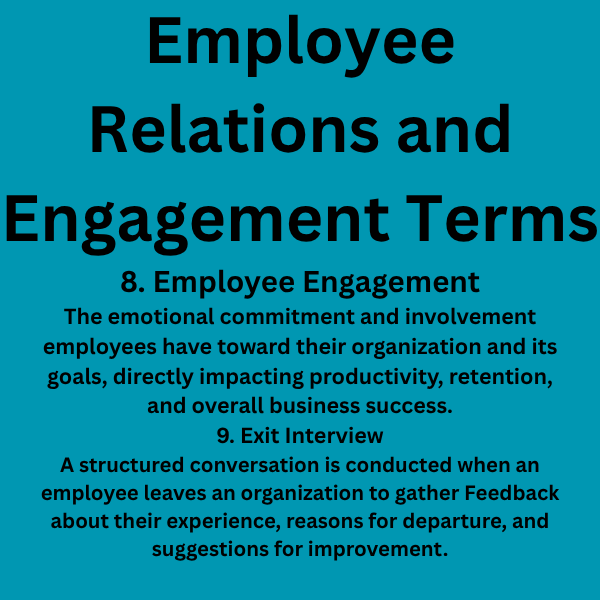
8. Employee Engagement
The emotional commitment and involvement employees have toward their organization and its goals, directly impacting productivity, retention, and overall business success.
9. Exit Interview
A structured conversation is conducted when an employee leaves an organization to gather Feedback about their experience, reasons for departure, and suggestions for improvement.
10. Employee Retention
Strategies and practices are designed to keep valuable employees within an organization and reduce turnover rates.
11. Workplace Culture
The shared values, beliefs, attitudes, and behaviors that characterize an organization and influence how employees interact and work together.
12. Team Building
Organized activities and initiatives designed to improve communication, collaboration, and relationships among team members.
Ready to enhance your HR knowledge with professional development courses? Explore comprehensive HR training programs at Tutionist.com to advance your career.
Performance Management Terms
13. Performance Appraisal
A systematic evaluation process where an employee’s job performance is assessed against predetermined criteria, typically conducted annually or biannually.
14. Key Performance Indicators (KPIs)
Measurable metrics are used to evaluate an employee’s or department’s success in achieving specific objectives and goals.
15. 360-Degree Feedback
A performance evaluation method that gathers Feedback from multiple sources, including supervisors, peers, subordinates, and sometimes customers or clients.
16. Performance Improvement Plan (PIP)
A formal document outlining specific performance deficiencies, expected improvements, timelines, and consequences if improvements are not met.
17. Succession Planning
The process of identifying and developing internal candidates to fill key leadership positions when they become vacant due to retirement, promotion, or departure.
Compensation and Benefits Terms
18. Total Compensation
The complete package of financial and non-financial rewards an employee receives, including salary, bonuses, benefits, and other perquisites.
19. Pay Equity
The principle of providing fair and equal compensation for employees performing similar work, regardless of gender, race, age, or other protected characteristics.
20. Benchmarking
The process of comparing an organization’s compensation, benefits, and practices against industry standards and competitor data.
21. Gross Pay
An employee’s total earnings before any deductions for taxes, insurance, retirement contributions, or other withholdings.
22. Net Pay
An employee’s actual take-home pay after all deductions and withholdings have been subtracted from gross pay.
23. COBRA
The Consolidated Omnibus Budget Reconciliation Act allows employees to continue health insurance coverage after leaving employment under certain circumstances.
Legal and Compliance Terms
24. Equal Employment Opportunity (EEO)
Federal laws and regulations prohibit employment discrimination based on protected characteristics such as race, color, religion, sex, national origin, age, or disability.
25. At-Will Employment
A legal doctrine allowing either the employer or employee to terminate the employment relationship at any time, with or without cause or notice, subject to legal exceptions.
26. Hostile Work Environment
A workplace situation where harassment or discrimination creates an intimidating, offensive, or abusive environment that interferes with an employee’s ability to perform their job.
27. Reasonable Accommodation
Modifications or adjustments to a job, work environment, or application process that enable qualified individuals with disabilities to perform essential job functions.
28. Family and Medical Leave Act (FMLA)
Federal legislation provides eligible employees with up to 12 weeks of unpaid, job-protected leave for specific family and medical reasons.
29. Whistleblower Protection
Legal safeguards that protect employees from retaliation when they report illegal activities, safety violations, or other wrongdoing within their organization.
According to the Society for Human Resource Management (SHRM), understanding these compliance terms is crucial for maintaining legal and ethical HR practices.
Training and Development Terms
30. Learning Management System (LMS)
A software platform that delivers, tracks, and manages training programs and educational content for employees.
31. Professional Development
Ongoing education and skill-building activities that help employees advance their careers and improve their job performance.
32. Competency Mapping
The process of identifying and defining the specific skills, knowledge, and behaviors required for successful performance in particular roles or levels within an organization.
33. Cross-Training
Teaching employees skills and knowledge outside their primary job responsibilities to increase versatility and organizational flexibility.
Invest in your team’s growth with expert-led training programs. Visit Tutionist.com for professional development solutions tailored to your organization’s needs.
Modern HR Technology Terms
34. Human Resources Information System (HRIS)
Integrated software that combines HR processes and information technology to manage employee data, payroll, benefits, and other HR functions.
35. People Analytics
The use of data analysis and statistical methods to understand workforce trends, predict employee behavior, and make data-driven HR decisions.
36. Employee Self-Service (ESS)
Technology platforms that allow employees to access and update their personal information, request time off, view pay stubs, and complete other HR-related tasks independently.
37. Artificial Intelligence in HR
The application of AI technologies to automate routine HR tasks, improve decision-making, and enhance the employee experience through chatbots, predictive analytics, and automated screening.
Implementing HR Terminology in Practice
Understanding these terms is just the beginning. Successful human resources management requires applying this knowledge in real-world scenarios. Here are practical ways to integrate this terminology into your daily HR practice:
Communication Excellence: Use precise terminology when drafting policies, conducting meetings, and communicating with stakeholders. This demonstrates professionalism and ensures clarity.
Training and Development: Incorporate these terms into training programs for new HR staff and managers. Create glossaries and reference materials for easy access.
Policy Development: Ensure your organization’s policies and procedures use standardized HR terminology to maintain consistency and legal compliance.
Strategic Planning: Use appropriate terminology when presenting HR initiatives to senior leadership, demonstrating your expertise and the strategic value of HR functions.
Staying Current with HR Terminology
The HR field continuously evolves, introducing new terms and concepts. Stay updated by:
- Following industry publications and blogs
- Attending HR conferences and webinars
- Participating in professional associations
- Pursuing continuing education and certifications
- Networking with other HR professionals
Professional development in HR terminology and concepts is an ongoing investment that pays dividends throughout your career.
Conclusion
Mastering these 37 essential HR terms provides a solid foundation for success in human resources. This vocabulary enables clear communication, ensures compliance, and demonstrates professional competency with colleagues and leadership.
Remember that knowing these terms is just the starting point. The real value comes from understanding how to apply them effectively in your daily HR practice. Whether you’re conducting interviews, developing policies, managing performance, or navigating complex employee relations issues, this terminology will serve as your professional toolkit.
As the HR field continues to evolve with new technologies, changing regulations, and shifting workplace dynamics, staying current with terminology remains crucial. Make it a priority to update your knowledge and expand your professional vocabulary regularly.
Ready to advance your HR career with comprehensive training and development? Discover professional HR courses and certifications at Tutionist.com – your partner in professional growth and excellence.
Frequently Asked Questions
What are the most important HR terms for beginners?
For those new to human resources, start with fundamental terms like onboarding, performance appraisal, employee engagement, at-will employment, and FMLA. These core concepts form the foundation of most HR activities and are essential for understanding basic HR functions and compliance requirements.
How often should HR professionals update their terminology knowledge?
HR professionals should continuously update their knowledge as the field evolves rapidly. Aim to review and learn new terms quarterly, attend annual conferences, and stay connected with industry publications. Significant updates to employment law or new technology implementations may require more frequent learning.
Why is understanding HR terminology crucial for career advancement?
Mastering HR terminology demonstrates professional expertise, improves communication with stakeholders, ensures legal compliance, and builds credibility. Employers and colleagues recognize professionals who can articulate concepts clearly using appropriate industry language, leading to greater career opportunities.
What resources are best for learning HR terminology?
The best resources include SHRM publications, HR certification programs, professional development courses, industry conferences, and reputable HR blogs. Hands-on experience combined with formal education provides the most comprehensive understanding of how terms apply in real-world situations.
How can I help my team learn essential HR terms?
Create a comprehensive glossary, conduct regular training sessions, incorporate terminology into team meetings, develop quick reference guides, and encourage questions. Making learning interactive and relevant to daily tasks helps team members retain and apply new terminology effectively.
Read also:
